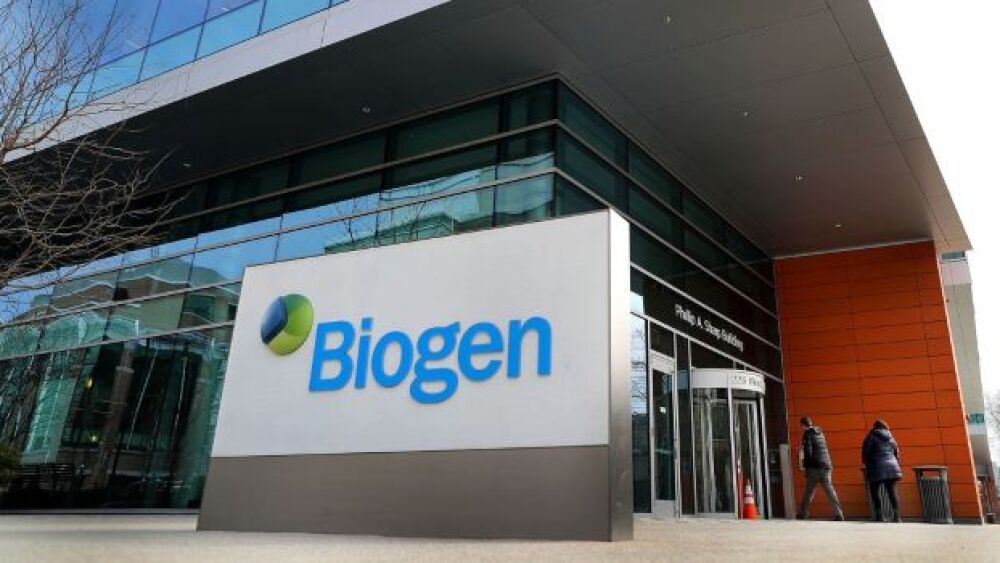Sage Therapeutics and Biogen’s zuranolone met its primary and key secondary endpoints in the Phase III SKYLARK study of women with postpartum depression (PPD).
John Tlumacki/The Boston Globe via Getty Images
Sage Therapeutics and Biogen’s zuranolone met its primary and key secondary endpoints in the Phase III SKYLARK study of women with postpartum depression (PPD), the companies announced Monday.
After 15 days of follow-up, women who received zuranolone saw a mean decrease of 15.6 points in the 17-item Hamilton Rating Scale for Depression (HAMD-17) compared to their baseline performance. Scores dropped by an average of 11.6 points in placebo comparators. The difference in effect was statistically significant, with a p-value of 0.0007.
Treatment response, defined as 50% decrease in HAMD-17 scores or more, was also better in women treated with 50 mg of zuranolone, an effect that was apparent from the third day of follow-up and persisted through the 28th day. Remission, defined as a HAMD-17 score of 7 or below, was also higher in the zuranolone arm from days 3 through 45.
SKYLARK’s results were presented at the 35th Congress of the European College of Neuropsychopharmacology (ECNP) in Vienna, Austria.
Dr. Kristina Deligiannidis, Professor at the Feinstein Institutes for Medical Research and principal author of the study, called the results “incredibly encouraging,” especially given zuranolone’s quick action. “Rapid symptom relief is critical for women with PPD, because delays in treatment efficacy can negatively impact resolving depressive symptoms and overall clinical outcomes.”
SKYLARK is a randomized, double-blinded and placebo-controlled trial that enrolled 200 participants. Aside from evaluating zuranolone’s effects against depression, the study also used the Hamilton Anxiety Rating Scale and found that the candidate led to relief in anxiety symptoms as early as day three and persisted until the 45th day of follow-up.
Regarding safety, SKYLARK found zuranolone to be generally well-tolerated, and its safety profile was consistent with what had been observed in prior studies. Most of the treatment-emergent adverse events were mild or moderate in severity. The investigators reported four cases of severe side effects in two zuranolone-treated women but deemed unrelated to the drug.
The most common side effects observed following treatment initiation included dizziness, diarrhea, urinary tract infection, nausea, somnolence and COVID-19.
Biogen and Sage already have a rolling new drug application submission for zuranolone with the FDA. The companies are scheduled to complete their filing by the end of the year.
Biogen and Sage first entered into a partnership over zuranolone in Nov. 2020, when the pharma giant made an upfront investment of $1.52 billion to secure exclusive rights over the candidate in the U.S. The deal also includes SAGE-324, a compound under investigation for essential tremors and other neurological disorders.
“The collaboration between Sage and Biogen to jointly develop and commercialize zuranolone brings together the expertise of both organizations to advance the treatment of mental health conditions,” a Biogen spokesperson told BioSpace. “In addition to zuranolone, the collaboration agreement also includes BIIB 124/Sage-324 for essential tremor.”
Nearly a year before, in Dec. 2019, zuranolone failed a Phase III trial for major depressive disorder, forcing Sage to initiate strategic restructuring and lay off 53% of its workforce. The realignment helped the company save $170 million per year, channeling it into its depression, neurology and neuropsychiatry programs.






